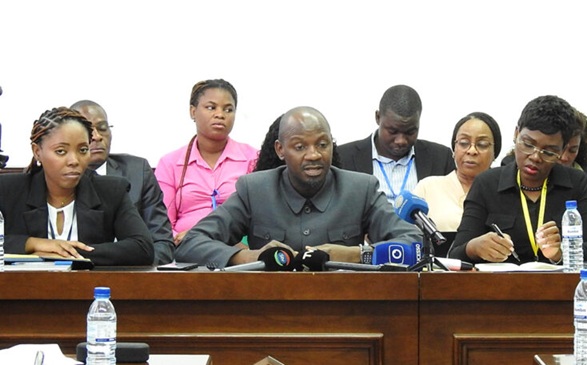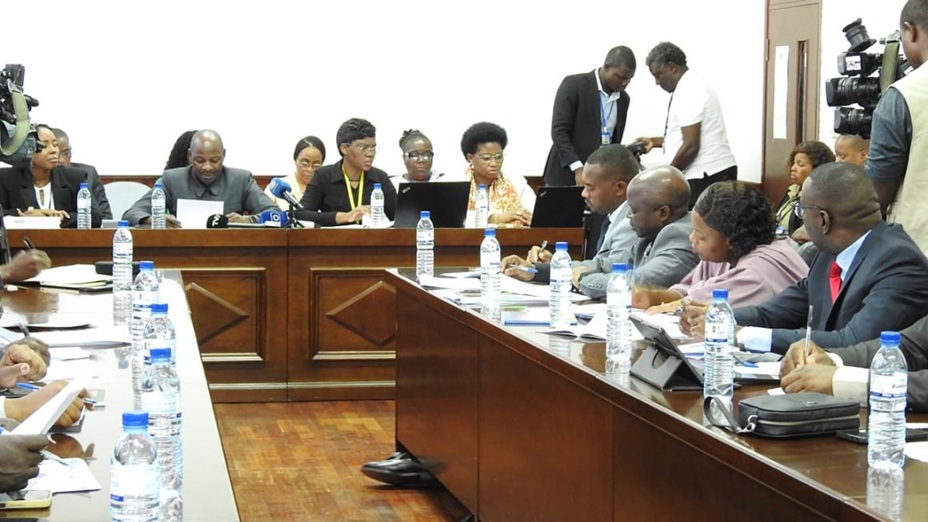Mozambique commits to infrastructure resilience and sustainable water management
Mozambique: Government to introduce “centralized hiring” in Public Administration

Photo: O País
The Mozambican government intends to introduce a new method for the “centralized hiring” of state employees in order to reduce budget costs and ease bureaucratic procedures.
Speaking in Maputo on Saturday during a hearing called by the Committee on Public Administration and Local Government (CAPPL) at the country’s parliament, the Minister of State Administration, Inocêncio Impissa, said the measure, which should have been implemented in 2022, with the entry into force of the new General Statute for State Officials and Agents (EGFAE), also aims to reduce the time taken to admit a very small number of officials.
“We have cases in which we announce vacancies but more than 10,000 candidates end up appearing. In these cases, we need to reduce the bureaucracy”, he said.
During the hearing, the members of the CAPPL had the opportunity to assess the prospects of the government’s Five-Year Programme for 2025-2029 in the public administration.

“There’s a district service, or a provincial directorate that’s opening a tender to hire just four civil servants. That’s disappointing because when people see the advert there are 10,000 people applying for four vacancies. It doesn’t make sense”, said Impissa.
According to Impissa, if the government needs to fill, for example, 10,000 vacancies, “it’s easy for us to hold a single centralized tender for which 20,000 or 30,000 people can apply, and that’s justified. But 10,000 people applying for 30 vacancies is unreasonable.”
He explained that during the next three years, if some sectors need to hire staff, they will be able to use the “centralized platform” and thus avoid having to open a new tender.
“This will prevent citizens from having to chase down invitations to tender every day, spending paper and money to apply for a single vacancy. We think it will also be a model that could help to alleviate some of citizens’ hopes regarding access to jobs in the public administration”, said the Minister.
The parliamentary hearing precedes the plenary debate on the Government Five-Year Plan (PQG 2025-2029), which should take place over the next week.












Leave a Reply
Be the First to Comment!
You must be logged in to post a comment.
You must be logged in to post a comment.